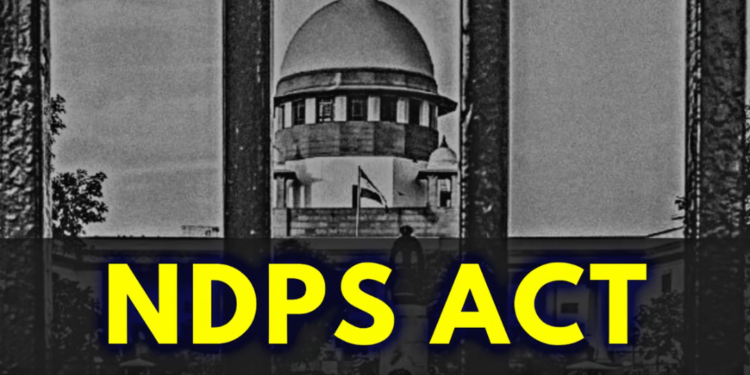The Supreme Court recently observed that in cases under the Narcotic Drugs and Psychotropic Substances Act (NDPS Act), the liberty of an accused will override the statutory embargo on bail if the trial does not conclude within a reasonable time. This observation underscores the importance of balancing the rights of the accused with the need to ensure swift justice.
The court emphasized that prolonged incarceration without trial violates the fundamental rights of the accused. In such situations, even stringent provisions like those in the NDPS Act, which generally restrict the granting of bail, must yield to the principles of justice and liberty.
The court also highlighted the judiciary’s responsibility to ensure that trials are conducted expeditiously. It noted that delays in the judicial process not only infringe on the rights of the accused but also undermine public confidence in the legal system.
In its ruling, the Supreme Court called for stricter adherence to trial timelines and urged lower courts to monitor the progress of cases diligently. The court also suggested implementing measures to address systemic issues contributing to delays, such as inadequate infrastructure and manpower in the judiciary.
This landmark observation by the Supreme Court sets a precedent for future cases under the NDPS Act, emphasizing that the right to liberty cannot be compromised by procedural delays. It reaffirms the judiciary’s commitment to upholding constitutional rights and ensuring that justice is delivered promptly.

















